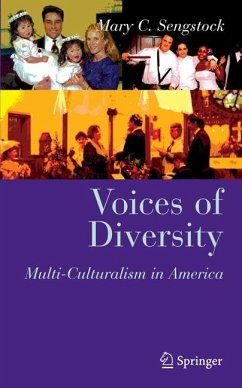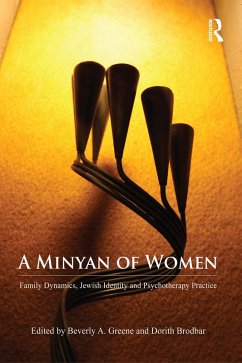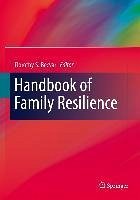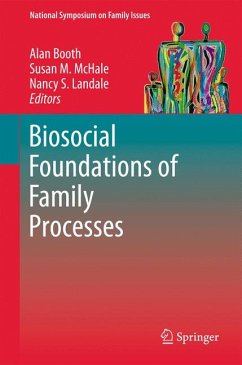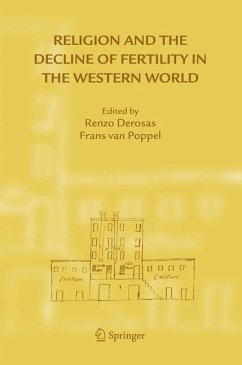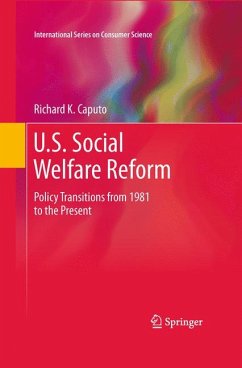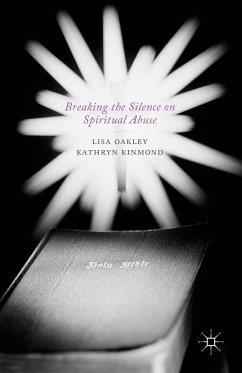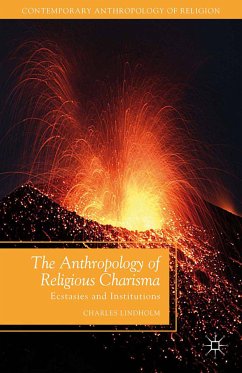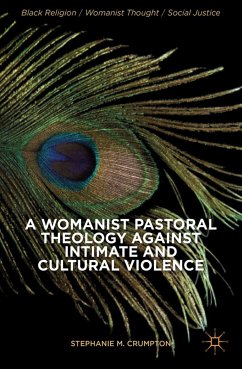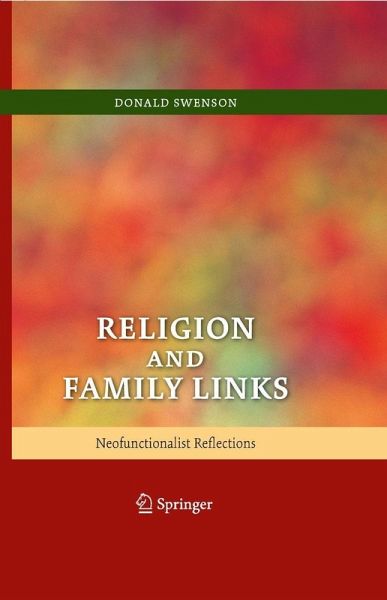
Religion and Family Links (eBook, PDF)
Neofunctionalist Reflections
Versandkostenfrei!
Sofort per Download lieferbar
40,95 €
inkl. MwSt.
Weitere Ausgaben:

PAYBACK Punkte
20 °P sammeln!
For many, the experience of religion and the family are organically connected: first exposure to religion often comes through the family, and, in families that practice a religion, it often has a shaping effect on their traditions, roles, practices, or structure. The author of this text captures the important relationship between religion and the family with a review of relevant literature on the subject, synthesizing it within a theoretical framework. The work begins with an introduction to the neofunctionalist theoretical framework of the family. This framework is connected to a multidimensi...
For many, the experience of religion and the family are organically connected: first exposure to religion often comes through the family, and, in families that practice a religion, it often has a shaping effect on their traditions, roles, practices, or structure. The author of this text captures the important relationship between religion and the family with a review of relevant literature on the subject, synthesizing it within a theoretical framework. The work begins with an introduction to the neofunctionalist theoretical framework of the family. This framework is connected to a multidimensional understanding of religion. With a focus on systems and a holistic interpretation of religion, the author uses a systems approach to construct a synthesis of the salient literature on the link between religion and the family.
Four systems that are embedded in the Neofunctionalist theoretical framework are presented: the chronosystem (including time and history), the organic system (that which is part of our biology), the personality system (with an accent on the individual in social context), the social system (everything to do with relationships and social organizations) and the cultural system (including mythology and ethos). The concepts from religion that create a unity include the idea of the sacred, religious experience, ritual, ethos and sacred organizations.
Another feature of the text is that it is not restricted to the modern era. Much of the research is historical in nature that assists the reader in understanding links of the two social phenomena in the light of the past. Further, whenever appropriate, literature will be drawn from folk religion, Christianity, Judaism and Islam.
Four systems that are embedded in the Neofunctionalist theoretical framework are presented: the chronosystem (including time and history), the organic system (that which is part of our biology), the personality system (with an accent on the individual in social context), the social system (everything to do with relationships and social organizations) and the cultural system (including mythology and ethos). The concepts from religion that create a unity include the idea of the sacred, religious experience, ritual, ethos and sacred organizations.
Another feature of the text is that it is not restricted to the modern era. Much of the research is historical in nature that assists the reader in understanding links of the two social phenomena in the light of the past. Further, whenever appropriate, literature will be drawn from folk religion, Christianity, Judaism and Islam.
Dieser Download kann aus rechtlichen Gründen nur mit Rechnungsadresse in A, B, BG, CY, CZ, D, DK, EW, E, FIN, F, GR, HR, H, IRL, I, LT, L, LR, M, NL, PL, P, R, S, SLO, SK ausgeliefert werden.




